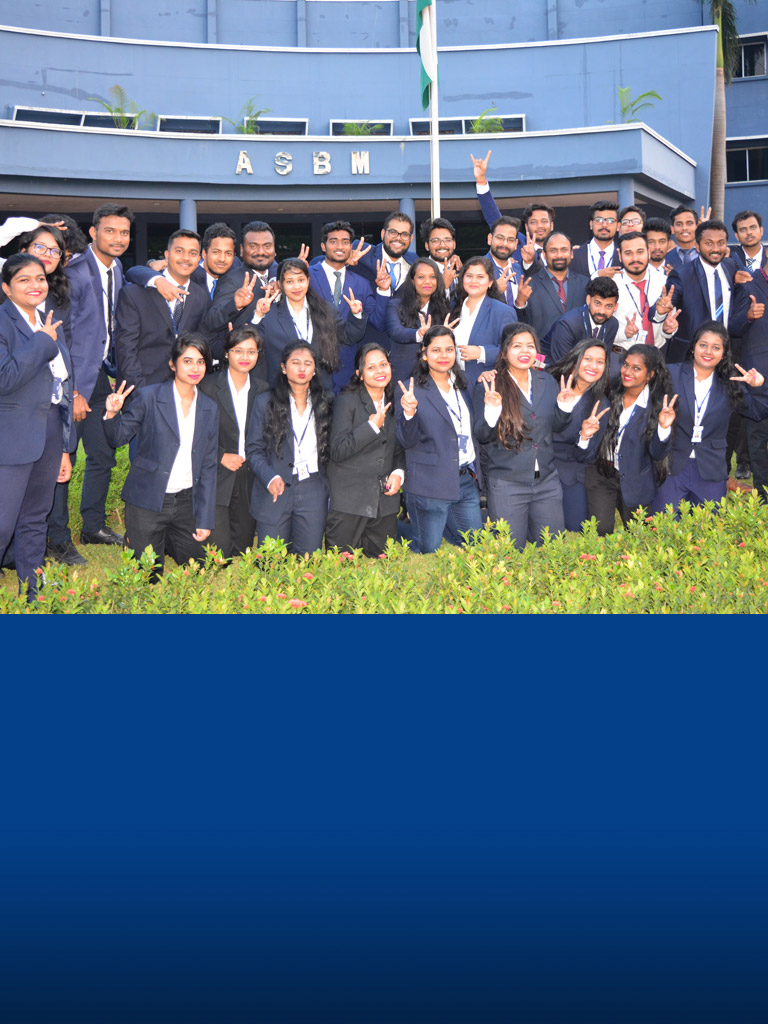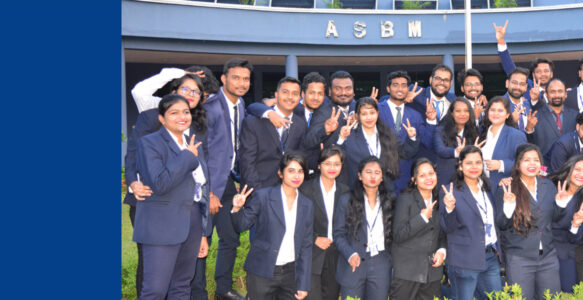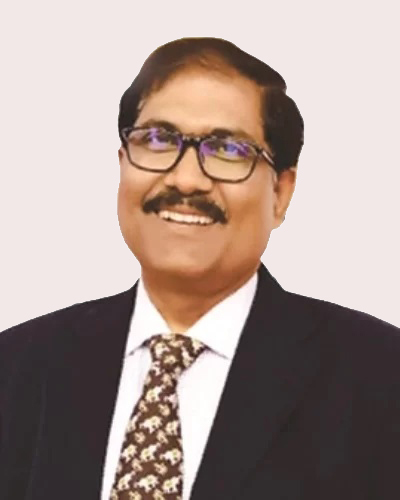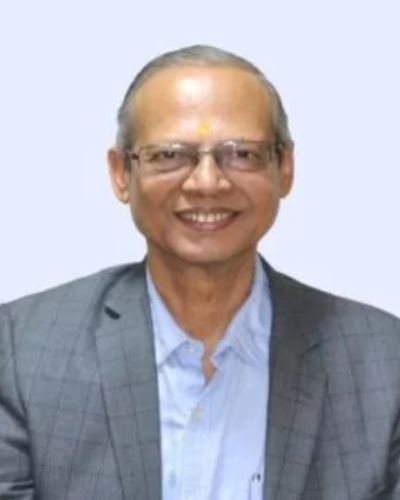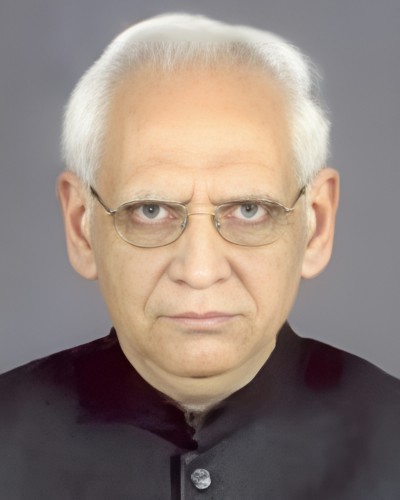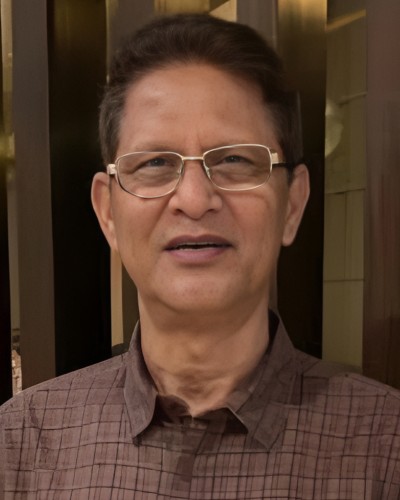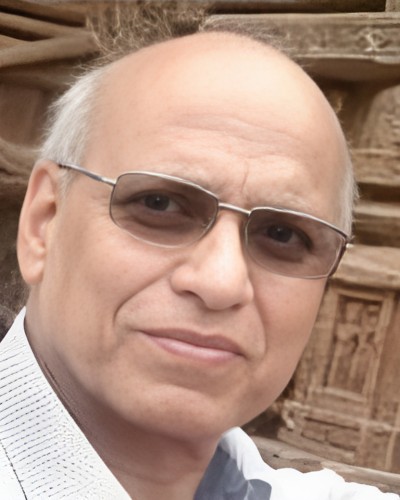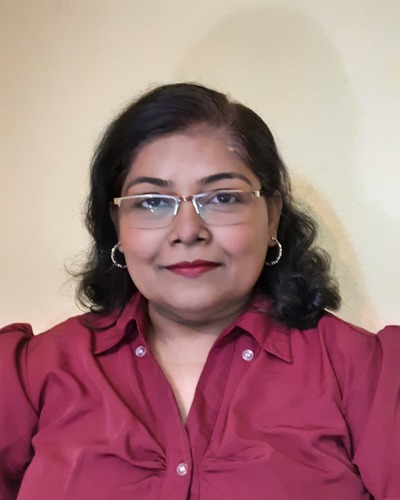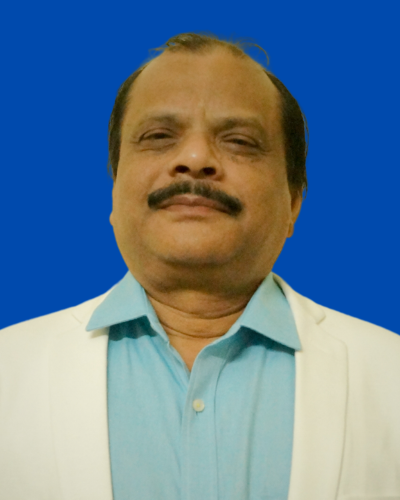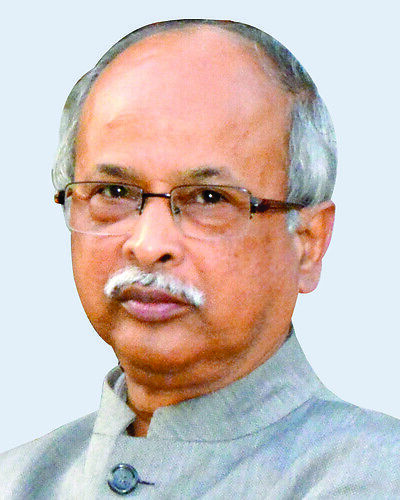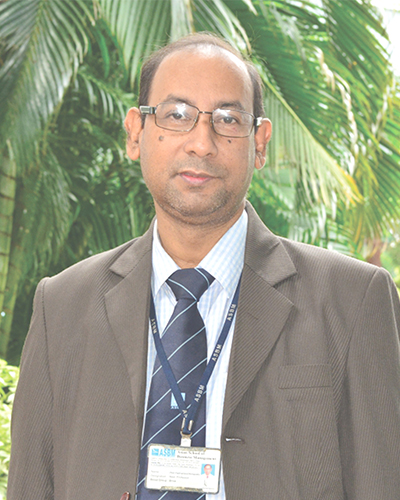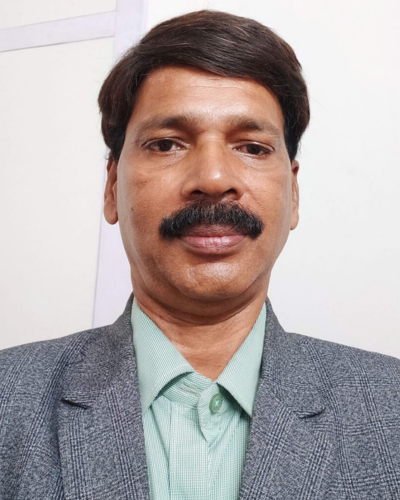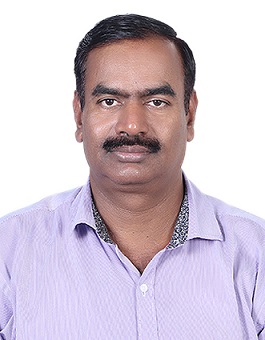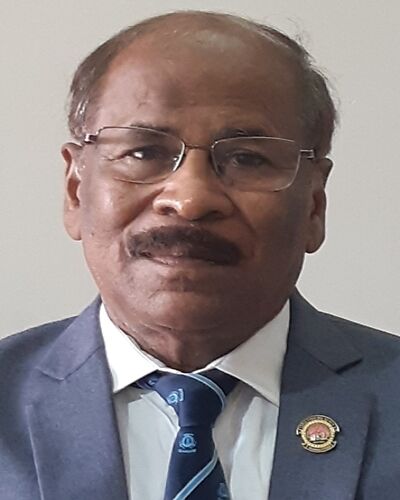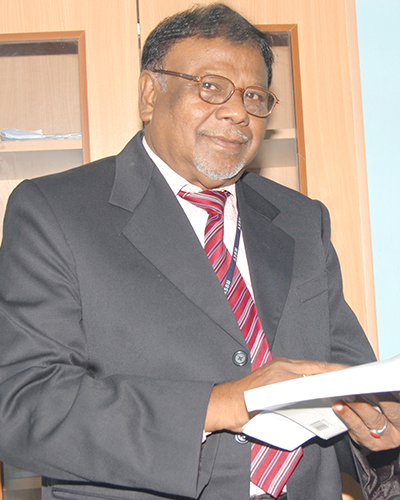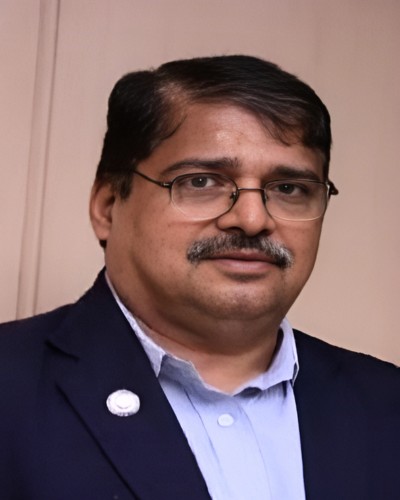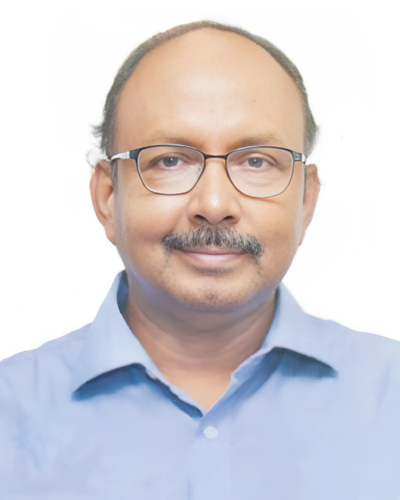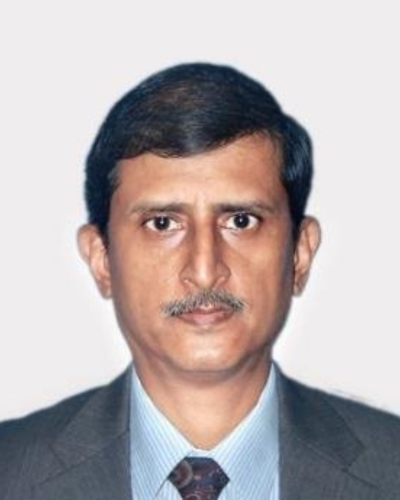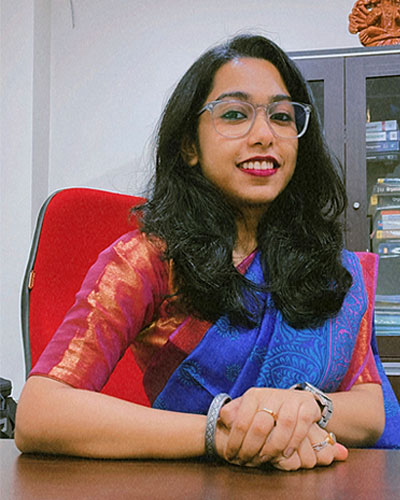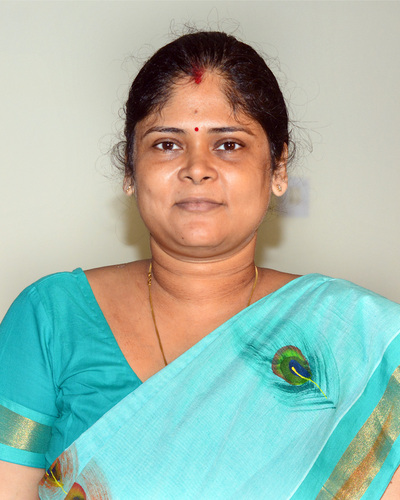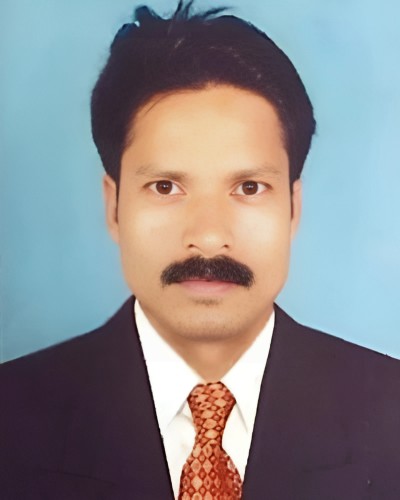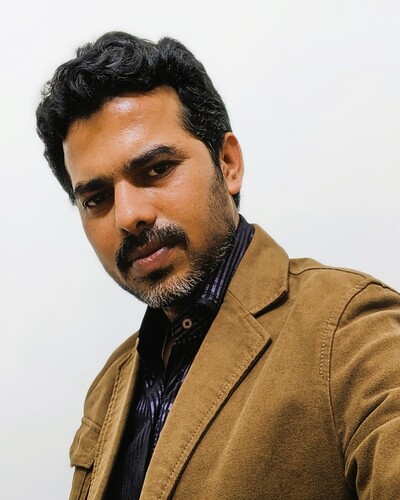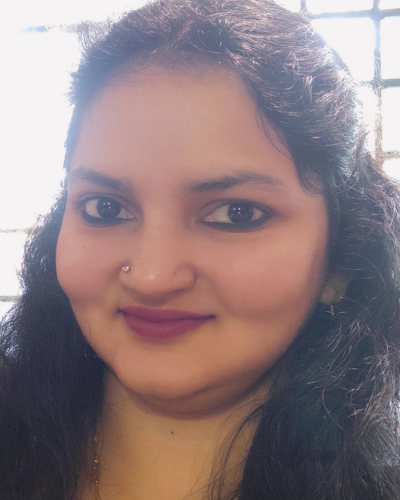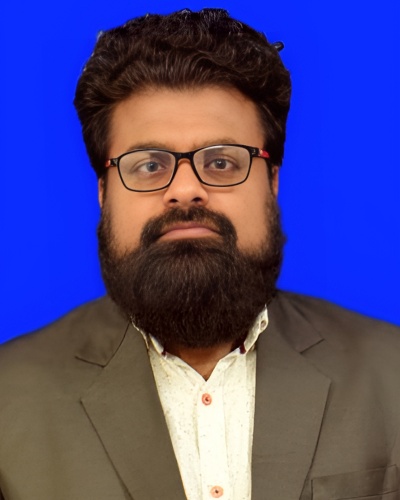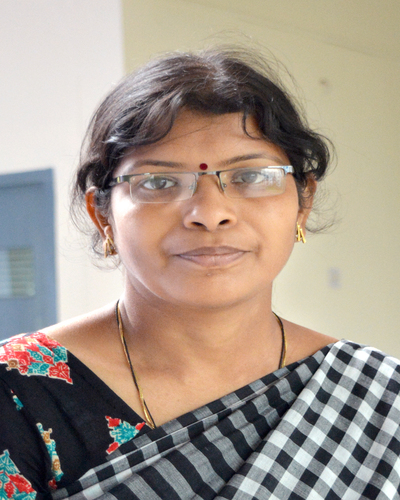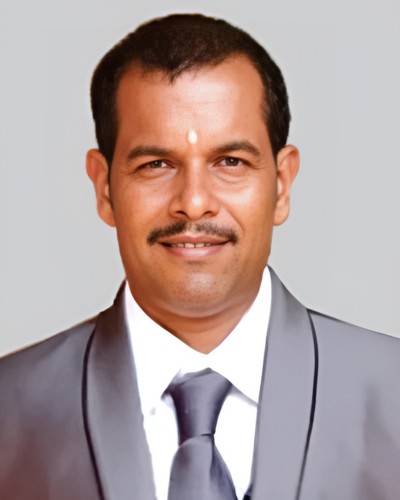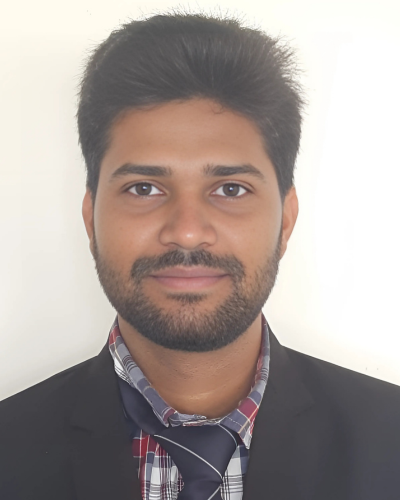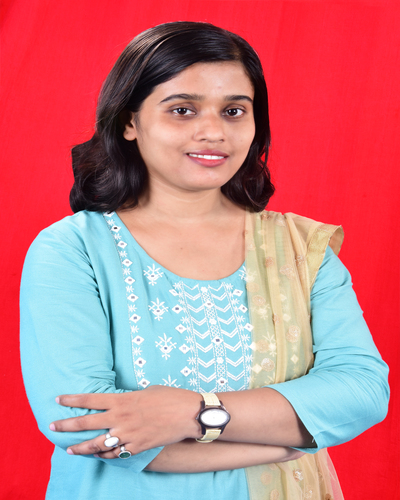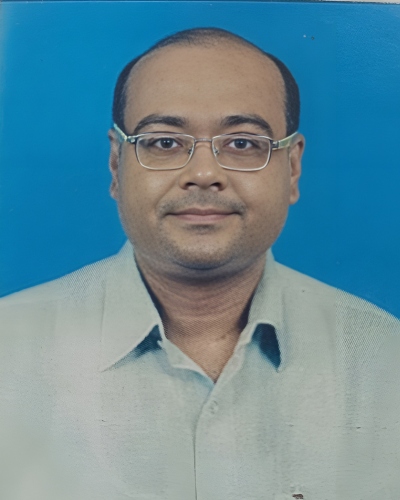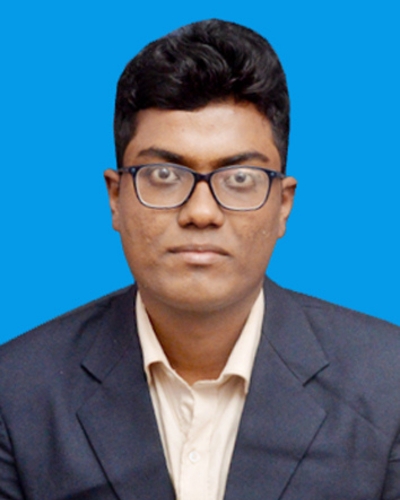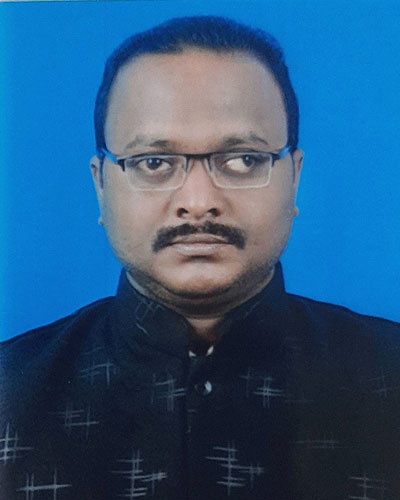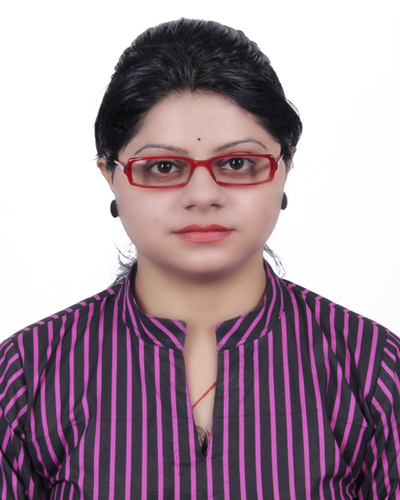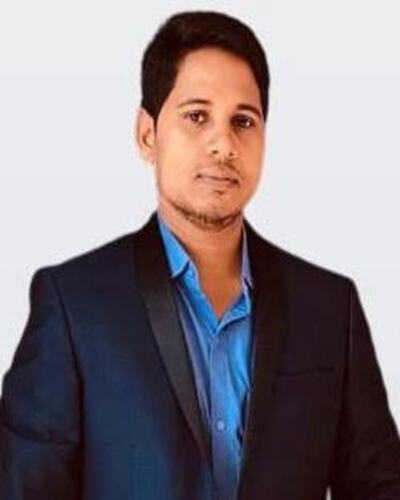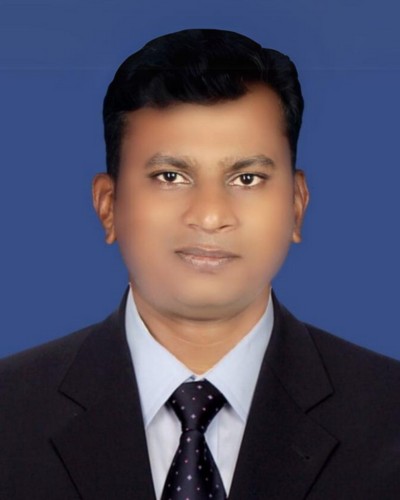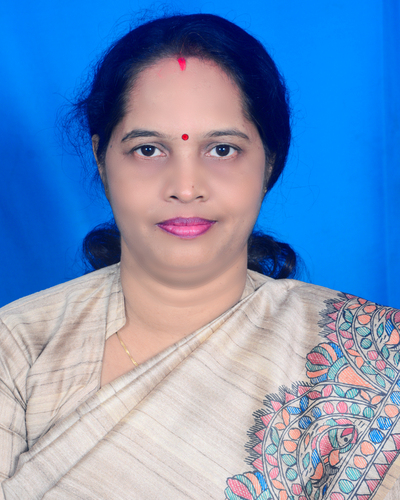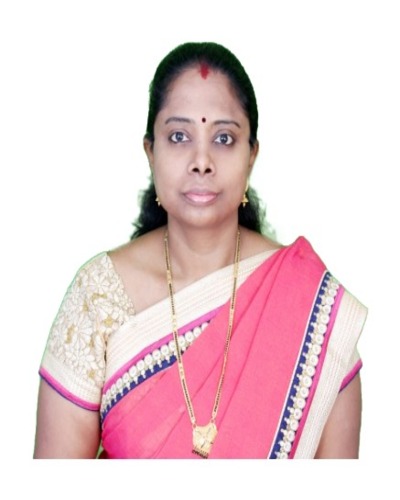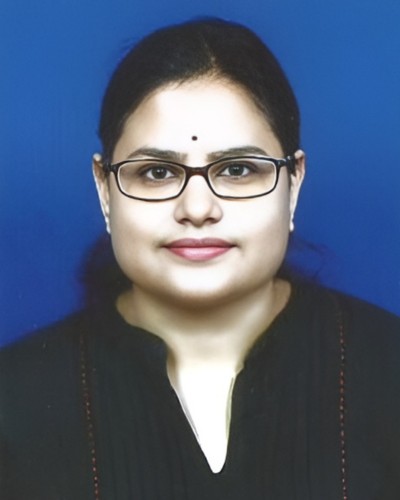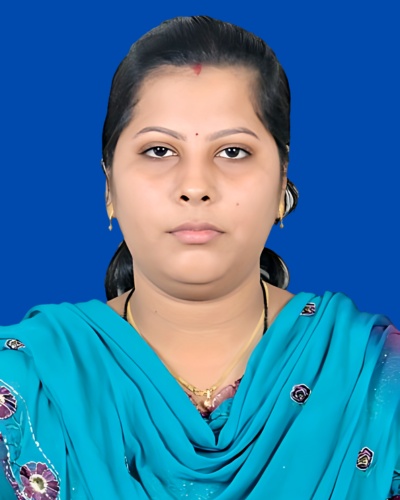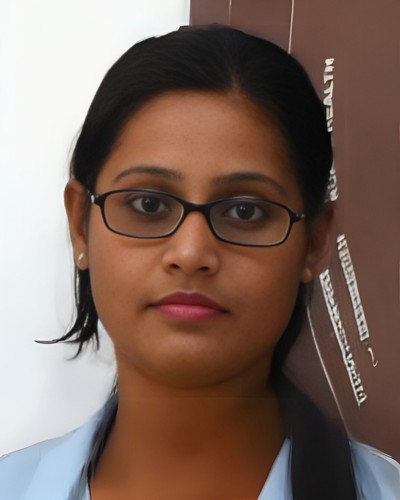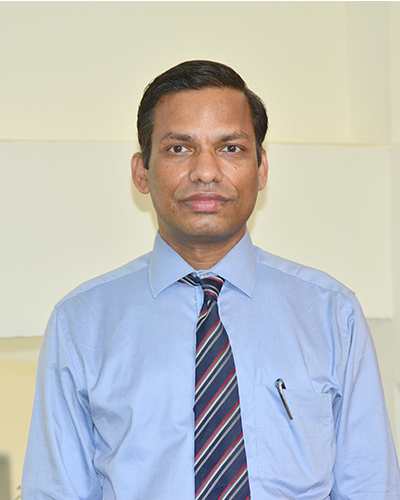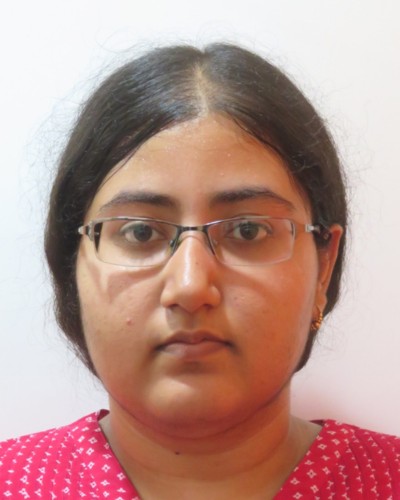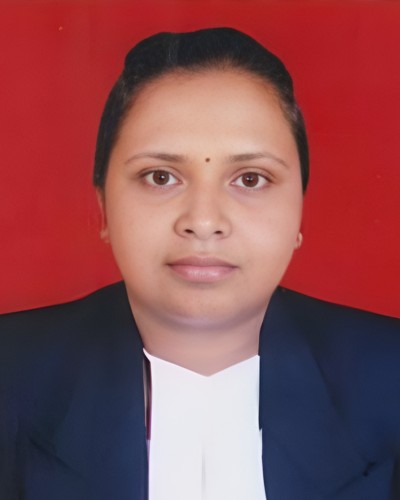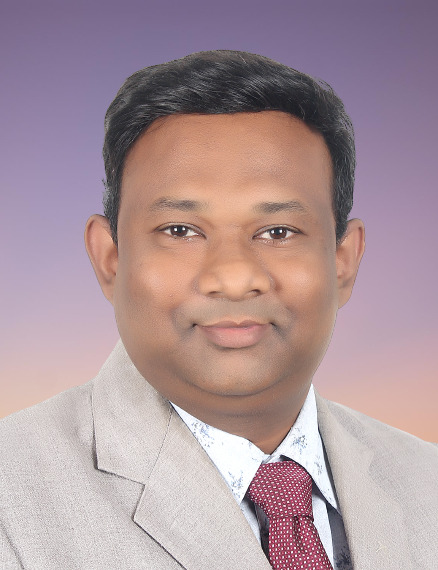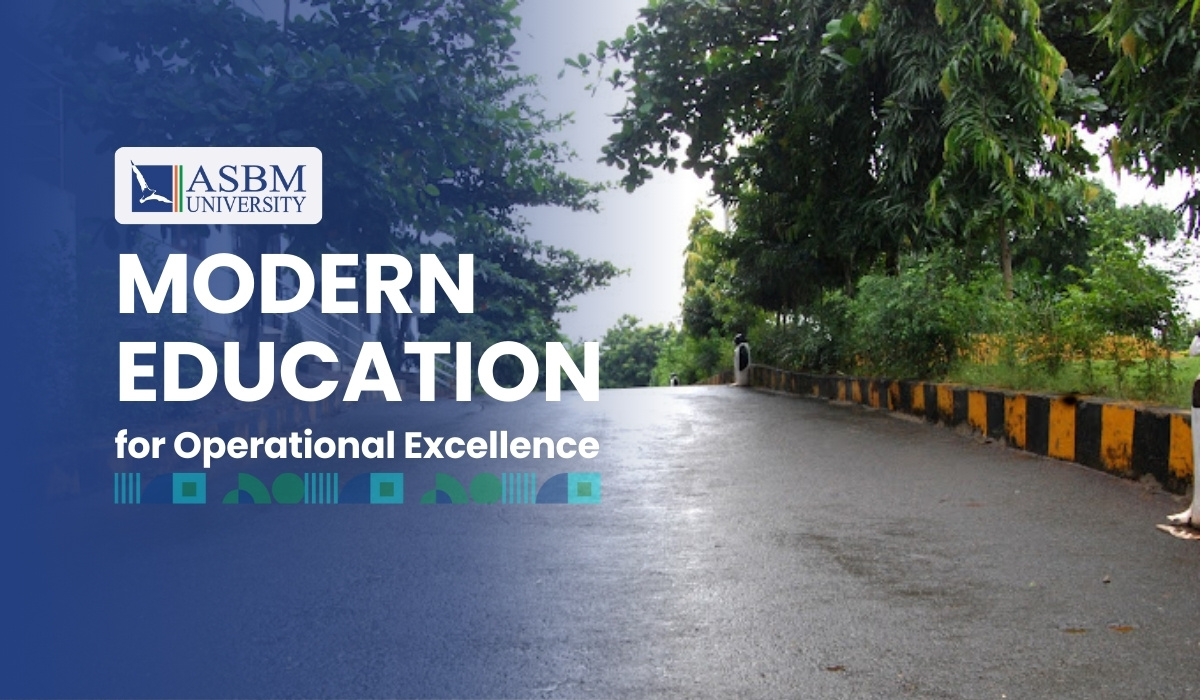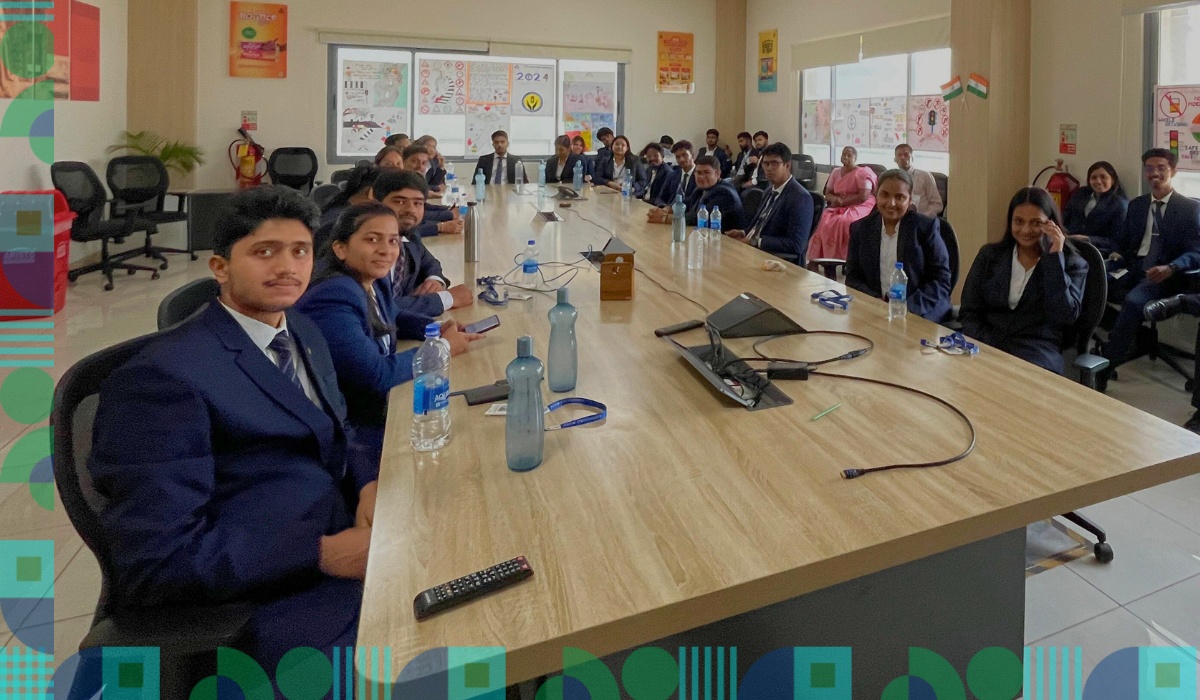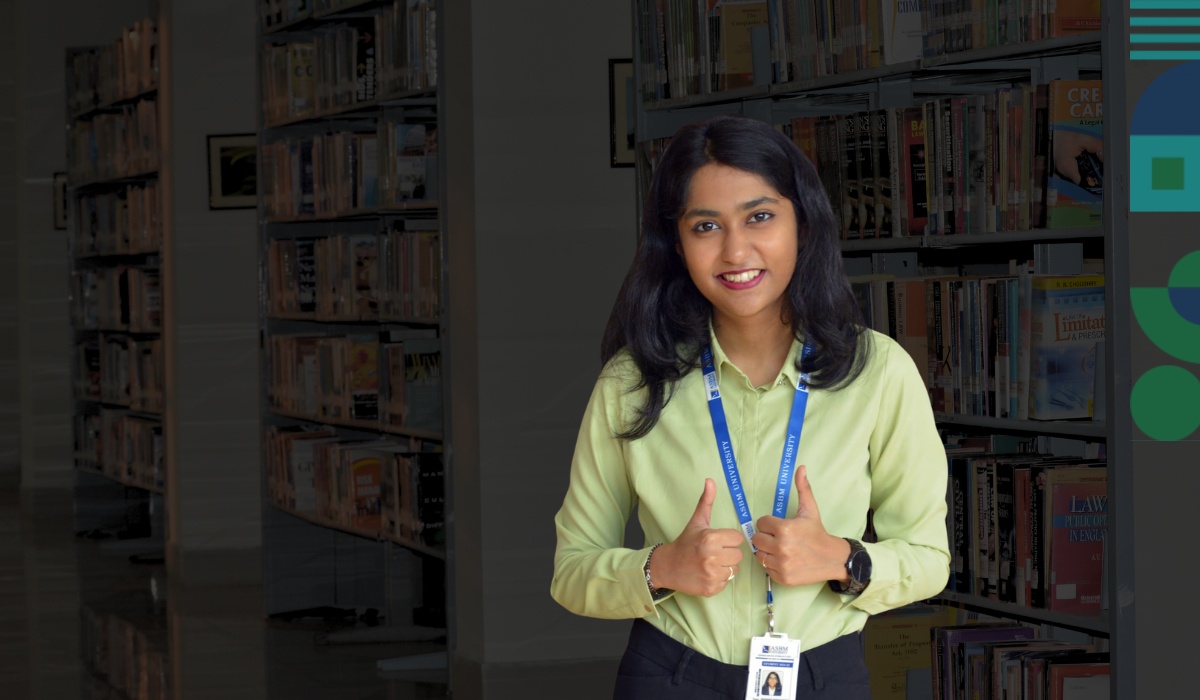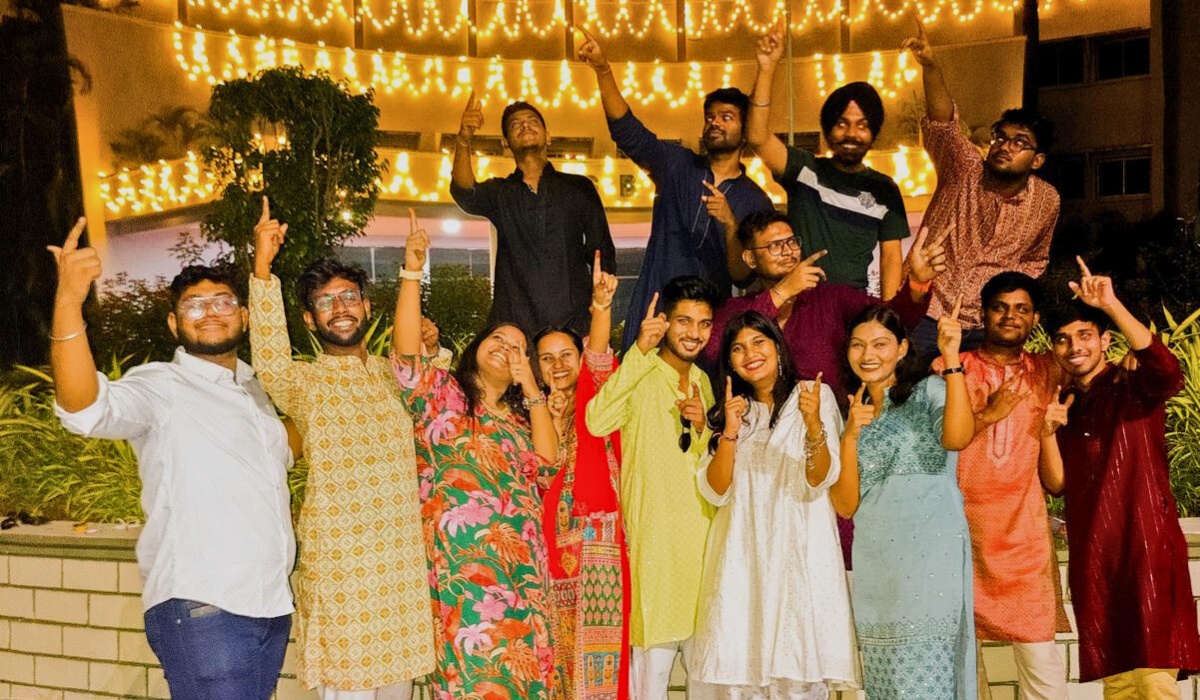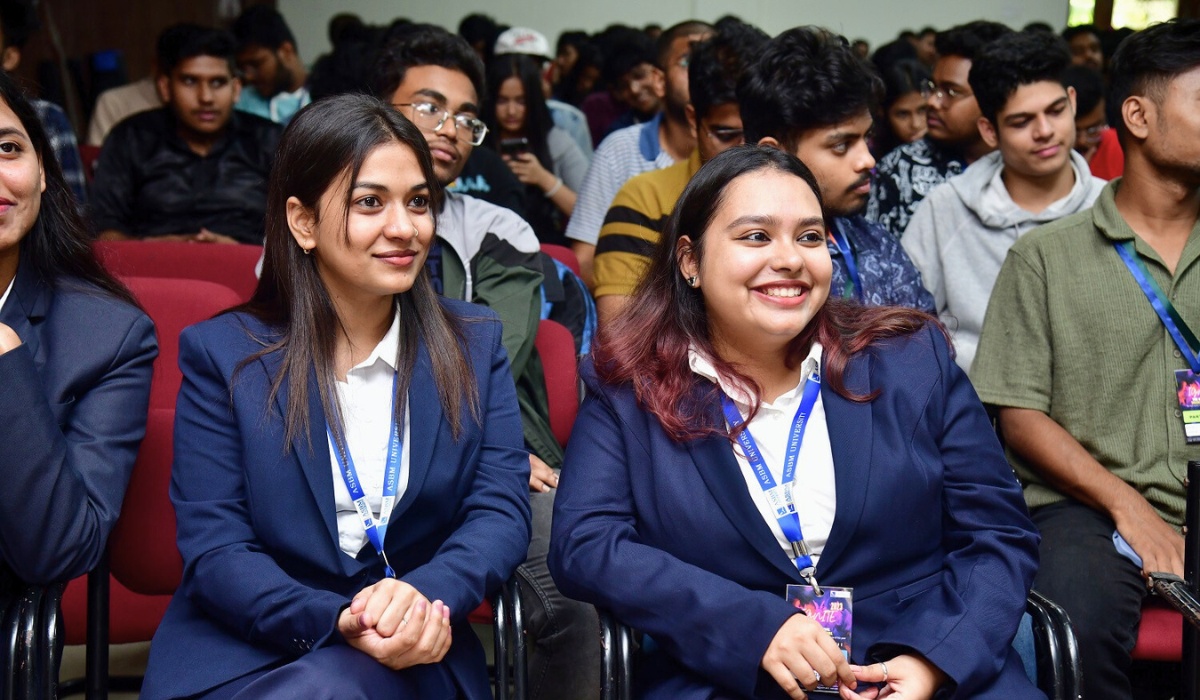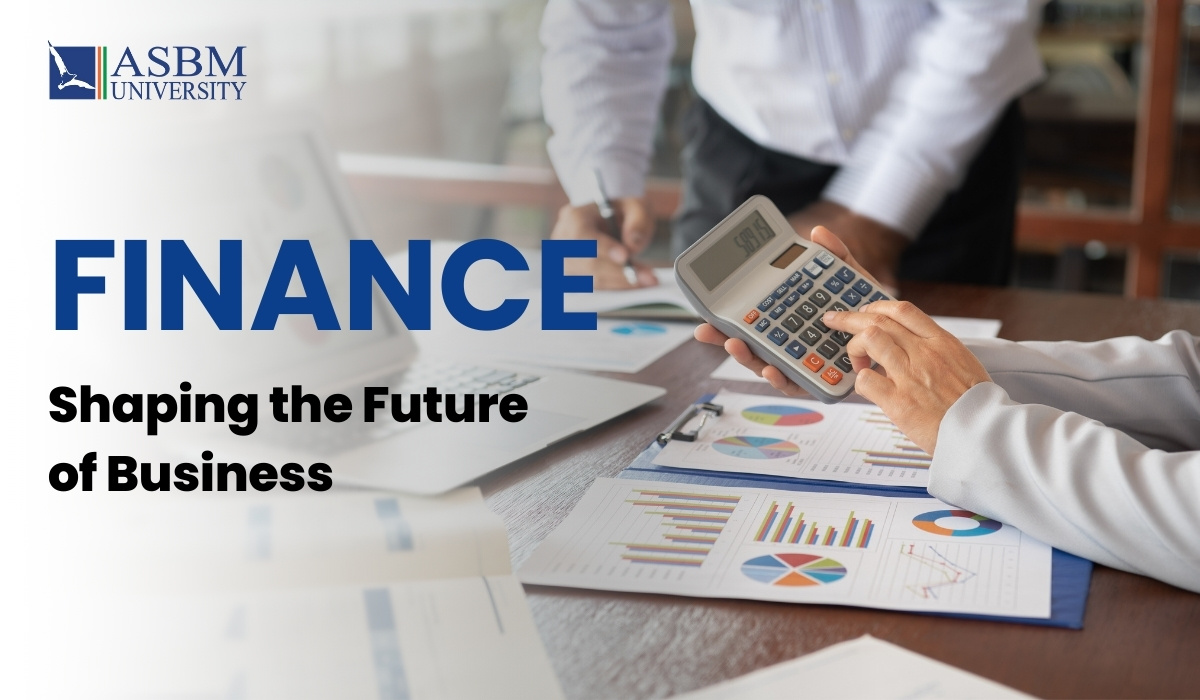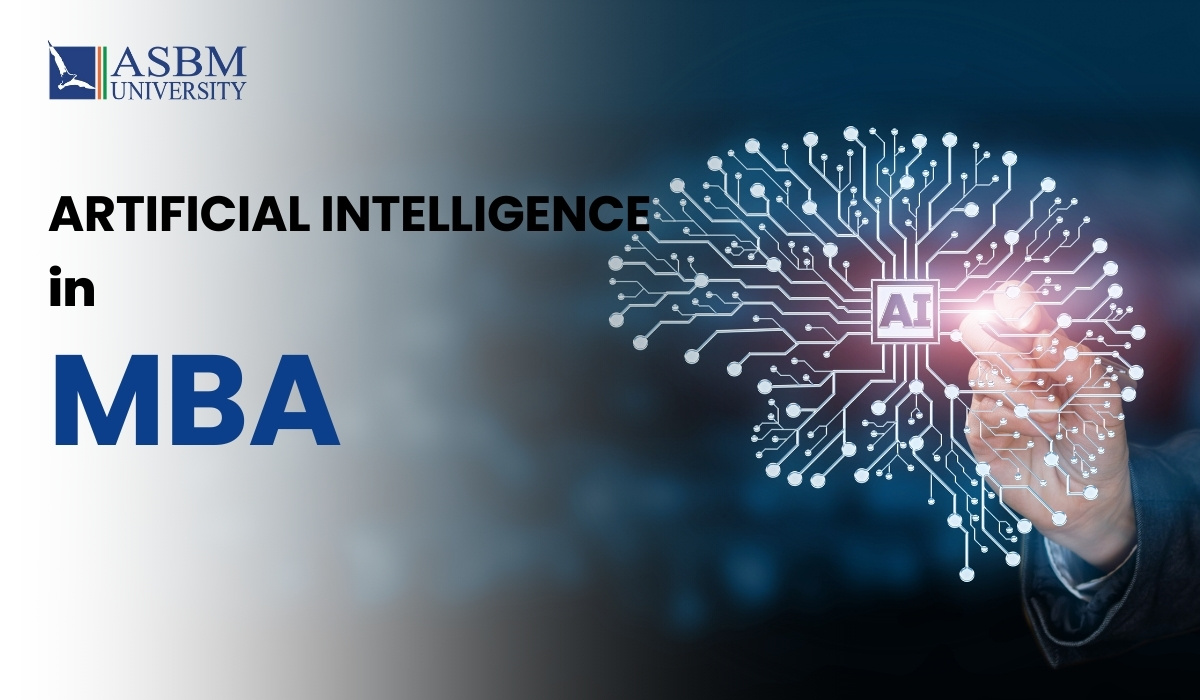Collabration
Programme Key Stats
2025
Admission Session
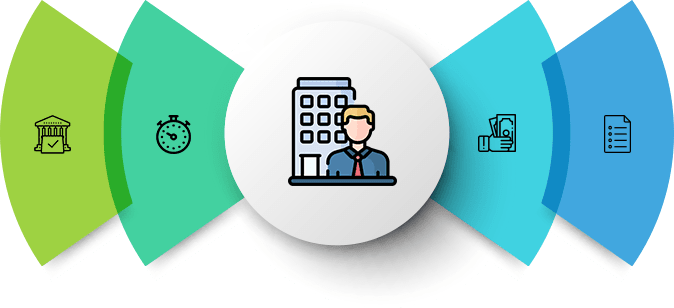
Higher Secondary 10+2 Science with Mathematics or Equivalent Subject
Eligibility criteria
Programme OVERVIEW
With rapid growth in the use of information technology in all spheres of life, its effective application has become crucial for the success of any business or organisation. This has created a lot opportunities for skilled computer professionals, and so the demand for computer graduates is increasing day by day.
ASBM University offers the course in Bachelor of Computer Application (BCA) to students after the completion of their +2/ 12th Class examinations. This programme aims at creating computer professionals with a strong foundation of advanced skills and also the right ethical values to face the challenges and opportunities in the IT industry. The BCA programme is designed to bridge the gap between demand for and supply of skilled professionals in computer application.

Why Bachelor of Computer Application (BCA) (Hons./Research)
- Designed on CCFUG pattern
- Innovative teaching pedagogy
- Experienced faculty from industry, profession and academics
- Continuous evaluation system
- Project Work
- Separate hostel facilities for boys and girls inside the campus for interested students
Course Curriculum
Research/Dissertation
Students choosing a four-year Bachelor’s degree (Honours with Research) are required to take up research projects under the guidance of a faculty member in any functional area. The students are expected to complete the Research Project in the eighth semester. After the submission of the dissertation, there will be a viva voce examination.
Curriculum Design
A student will undergo a minimum of 120 credits for three-year BCA programme or a minimum of 160 credits for four-year BCA honours with research. The courses have been classified into credits. The curriculum consists of major (core), minor stream, multidisciplinary, Ability Enhancement Courses (AEC), Skill Enhancement Courses (SEC), Value Added Courses, Summer Internship and/or Research Project/Dissertation.
Semester - I
- Programming using ‘C’
- Mathematical Foundation to Computer Science
- Economics and Costing
- English Language and Literature
- Office Automation
- Environmental Studies
- Indian Ethos and Values
- Programming using ‘C’ Lab
- Office Automation Lab
Semester – II
- Digital Logic
- Ecommerce
- Internet and Web Technology
- Principle of Management
- Communicative English
- Python programming
- Constitution of India
- Digital Logic Lab
- Python programming Lab
Semester – III
- Data Structure
- Computer Architecture and Organization
- MIS & DSS
- Statistics and Probability
- English Writing &Composition
- Soft skills
- Data Structure Lab
- Computer Architecture and Organization Lab
Semester – IV
- Programming using ‘C++’
- Database Management System
- Object Oriented Programming using Java
- Introduction to Artificial Intelligence
- Computer Hardware & Networking
- Language Proficiency and Impression Management
- Programming using ‘C++’ Lab
- Database Management System Lab
- Object Oriented Programming using Java Lab
Semester – V
- Computer network
- Cyber Security
- Operating system
- Organisational Behaviour
- Summer Internship Project
- Computer network Lab
- Cyber Security Lab
- Operating system Lab
Semester –VI
- Software Engineering
- Computer Graphic
- Compiler Design
- Design and Analysis of Algorithm
- Numerical Technique
- Software Engineering Lab
- Computer Graphic Lab
- Design and Analysis of Algorithm Lab
- Numerical Technique Lab
Semester – VII
- Research Methodology
- Data Mining
- Cloud Computing
- UNIX Programming
- Embedded system
- Data Mining Lab
- UNIX Programming Lab
Semester –VIII
- Advanced Computer Architecture
- Internet of Things
- Research Project /Dissertation/
- Cloud Computing
- Distributed system
- Machine Learning
- Advanced Computer Architecture Lab
- Machine Learning Lab
FOR WHOM
- Higher Secondary (+2/XIIth) Science or equivalent with minimum 50% marks in aggregate (45% for reserved category) OR Three year Diploma in Engineering with minimum 50% marks in aggregate (45% for reserved category)
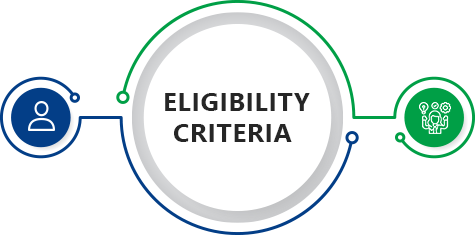
Higher Secondary (+2/XIIth) Science or equivalent with minimum 50% marks in aggregate (45% for reserved category) from a recognised Board. Final year students can also apply.
OR
Three year Diploma in Engineering with minimum 50% marks in aggregate (45% for reserved category) from an institution recognised by State Council of Technical Education and Vocational Training. Final year students can also apply
Faculty
FAQs
What is Lorem Ipsum?
Lorem Ipsum is simply dummy text of the printing and typesetting industry. Lorem Ipsum has been the industry’s standard dummy text ever since the 1500s, when an unknown printer took a galley of type and scrambled it to make a type specimen book. It has survived not only five centuries, but also the leap into electronic typesetting, remaining essentially unchanged. It was popularised in the 1960s with the release of Letraset sheets containing Lorem Ipsum passages, and more recently with desktop publishing software like Aldus PageMaker including versions of Lorem Ipsum.
What is Lorem Ipsum?
Toggle content goes here, click edit button to change this text.
What is Lorem Ipsum?
Toggle content goes here, click edit button to change this text.
STILL HAVE QUERIES?
Lorem ipsum dolor sit amet, consectetur adipiscing elit. Ut elit tellus, luctus nec ullamcorper mattis, pulvinar dapibus leo.

